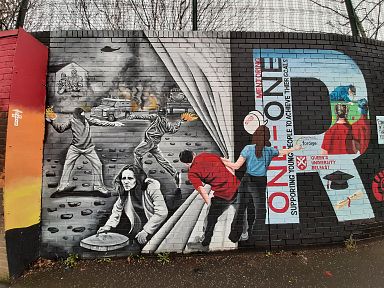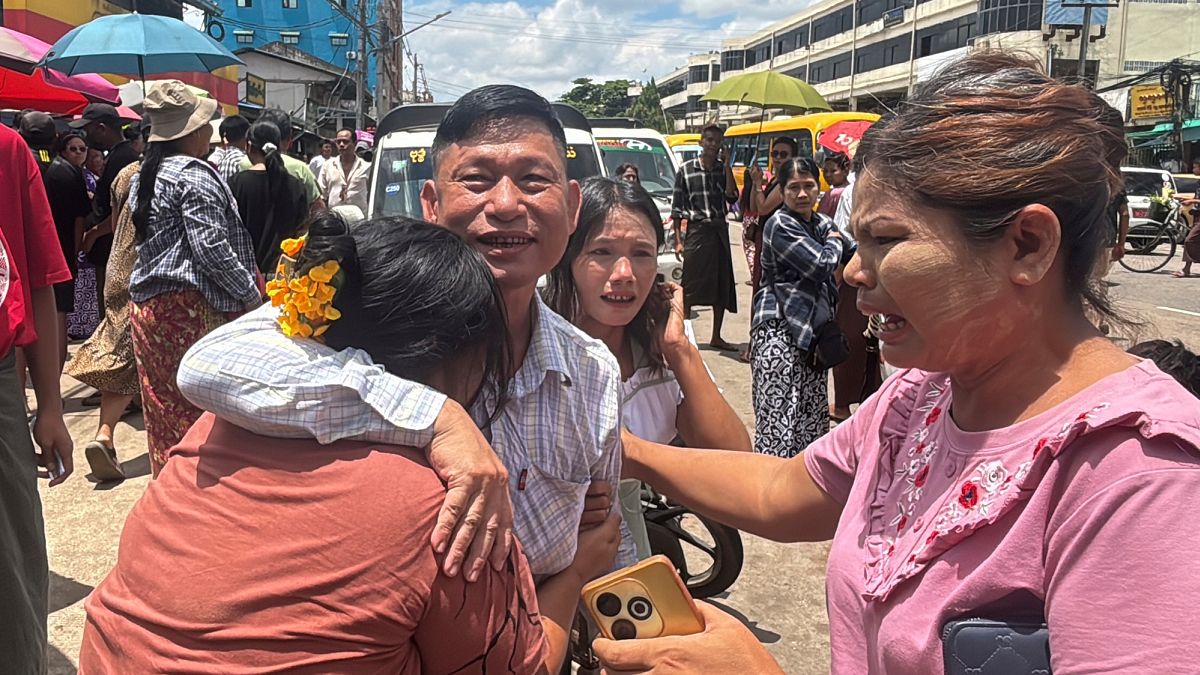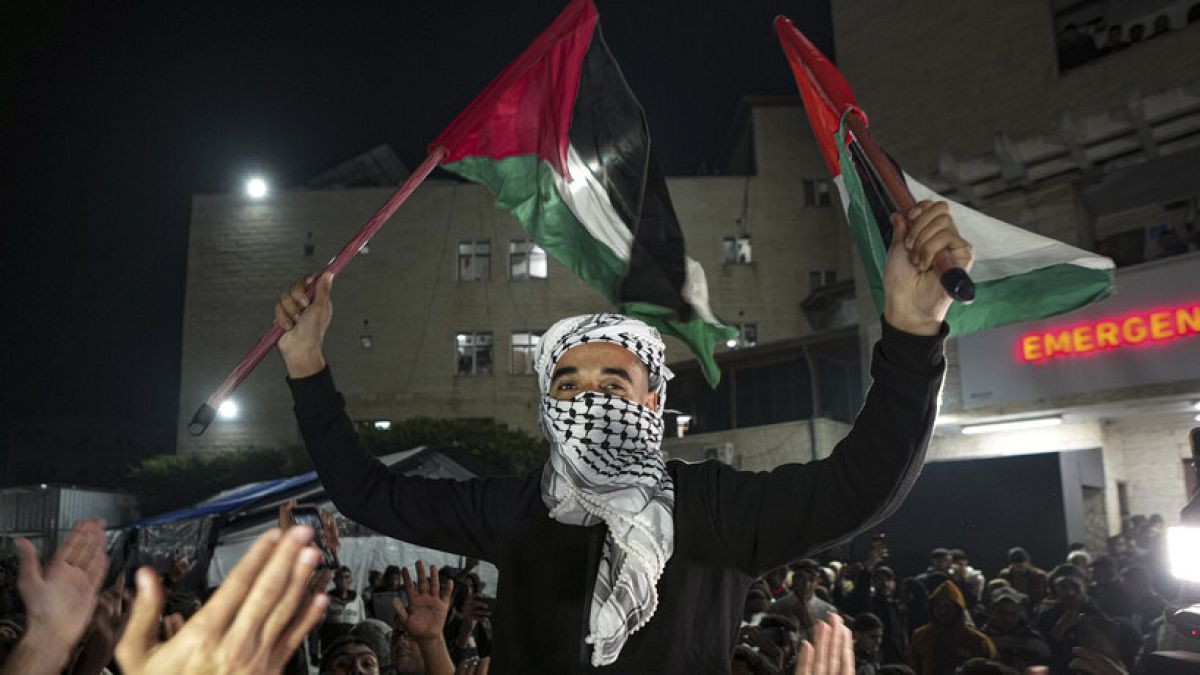Northern Ireland: A cross-community women’s centre promotes reconciliation
The Shankill Shared Women’s Centre is located in Larnak Way, one of the most conflict-ridden areas during the fighting between those who defended their membership of the United Kingdom, mainly Protestants, and those who claimed to be part of the Republic of Ireland, mainly Catholics. A peace treaty was signed in 1998. The thirty years of conflict resulted in more than 3,500 dead, nearly 37,000 wounded and great suffering on both sides.
The so-called peace lines are the barriers that separate Catholic and Protestant neighbourhoods. They were erected to limit inter-community clashes. Although they are rare nowadays, the barriers do still work. The Shankill’s metal door closes every night.

A place with space and time for resilience
The building has a nursery and several rooms where workshops, courses, conferences, etc. are offered. One of the project’s objectives is to reduce inter-community tensions caused by the paramilitary conflict. The former partner and father of Betty Tompson’s children, a Protestant, spent several years in prison. Isabel Gibson, a Catholic, received several death threats. Coming from two previously opposing sides, they are now friends.
The two go together two or three times a week to different workshops and activities. Isabel Gibson defines the experience as follows: “We don’t come in here and say: Protestant, Catholic, Protestant; it’s not like that, none of that. We are who we are, and that’s it. This place is the best that has been opened in an inter-community area”.
The centre is fully funded by the European PEACE IV programme
The renovation and construction of the Shankill Shared Women’s Centre was planned years ago, but construction was delayed and the centre only opened last summer. The building, budgeted at 9.1 million euros, was entirely financed by European funds from the European Union’s cohesion policyPEACE IV programme, a cross-border initiative designed to support peace in Northern Ireland.
Betty Carlisle, executive director of the centre, explains that now the UK is “outside the European Union; but in 2016, when we got this money, we were in the Union. We provide education for women, from the most basic training to university entrance. All are treated with dignity and respect, regardless of their age, religion, etc.”


